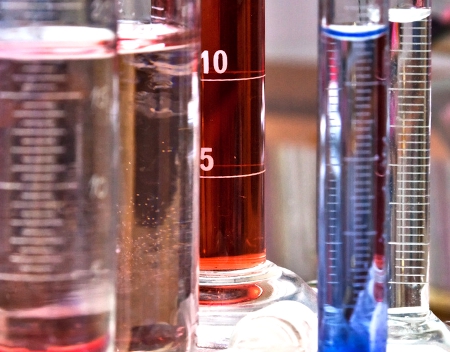High-End Science for High School Students

As a graduate student at the Chinese Academy of Sciences, Jian Yang recalls how he wished he had been exposed to research much earlier in school. Yang, now an assistant professor of bioengineering at the University of Texas, Arlington, theorizes that if high school students are given a chance to do some university-level research, it would better prepare them to study science and engineering when they finally go to college, according to the Fort Worth Star-Telegram. To test that notion, Yang has gotten part of five-year, $500,000 National Science Foundation grant. He’s using the funding to develop an educational model that could be duplicated by colleges and high schools nationwide.
This summer, Samira Usman, who teaches Advanced Placement chemistry at Arlington’s Martin High School, and a few of her seniors, will join Yang in his lab to help with his neuro-tissue engineering research, the paper says. Yang will study how the students react to the lab work — seeing which concepts intrigue them and which are unsuitable for high schoolers. The teacher, meanwhile, will be able to determine how she might incorporate high-end research into her lessons, the paper explains. Yang’s research focuses on concocting biomaterials that can be safely used in human bodies, such as artery-opening stents that eventually dissolve. That’s high-end science, to be sure, but it can also teach students the practical applications of the science they’re learning.
Filed under: K-12 Education News
Tags: Biomedical Engineering, Chemistry, Programs for Students, Research on Learning








